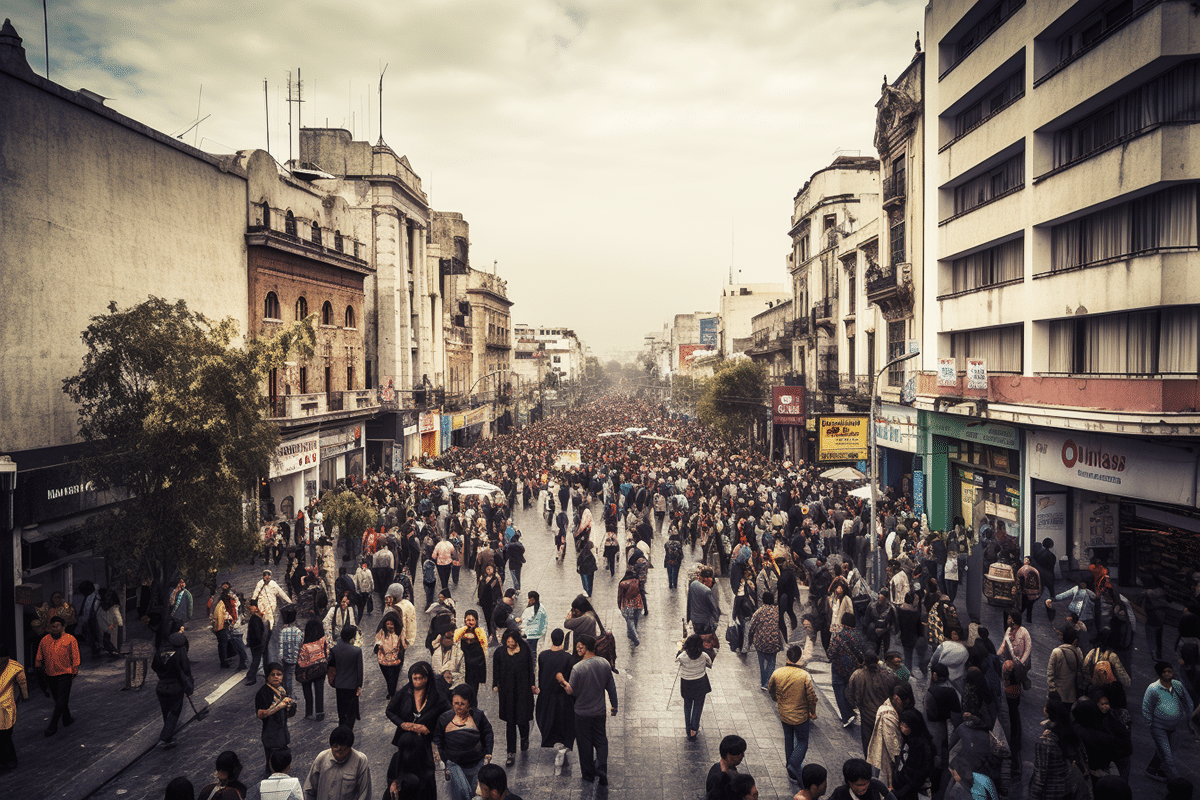Why Getting Vaccinated is Essential: Protecting Yourself and Your Community
The COVID-19 pandemic has brought to light the critical importance of vaccinations in protecting individuals and communities. With the emergence of new variants, vaccinating as many people as possible has become more crucial than ever before. Despite the availability of vaccines, some people remain hesitant, either due to misinformation or other reasons. However, it’s essential to understand that getting vaccinated protects individuals and their communities from severe illness, hospitalization, and even death.
Vaccines: The Importance of Immunity
Vaccines work by introducing a weakened or inactive form of the virus, prompting the immune system to create a defense mechanism against it. The immune system produces specific antibodies to fight the virus, preventing it from causing disease. By getting vaccinated, individuals become immune to specific viruses and their variants, protecting themselves from getting infected and potentially spreading the virus to others.
It’s essential to note that viruses mutate over time, leading to the emergence of new variants. Vaccines help in preventing the virus from mutating into more dangerous forms, reducing the risk of severe illness and death. Furthermore, vaccines provide long-lasting immunity, meaning that individuals who have received their COVID-19 vaccinations are less likely to get infected again.
Protecting the Community: Herd Immunity
Vaccines not only protect individuals from getting infected, but they also help in reducing the spread of the virus to the community. When a substantial number of individuals within a population get vaccinated, a phenomenon called herd immunity occurs. This means that even those who are not vaccinated get protection from the disease as the virus cannot spread rapidly in the population.
Herd immunity protects vulnerable individuals, including newborns or those with compromised immune systems, who are unable to receive vaccines. These individuals become indirect beneficiaries of vaccination campaigns, as the immunity provided to the vaccinated population reduces the risk of the virus spreading, keeping the infection rates low.
The Risks of Not Getting Vaccinated
Individuals who do not get vaccinated risk getting infected by the virus and spreading it to the community. As a result, they might potentially experience severe symptoms that could lead to hospitalization and even death. In addition to individual risks, unvaccinated individuals put their family, colleagues, and friends at risk of getting infected.
Furthermore, the emergence of new variants poses a significant threat to unvaccinated individuals. These variants have the potential to cause severe disease and spread rapidly in the community. Without adequate protection, those who remain unvaccinated face a higher risk of contracting the virus in the future, which could lead to a resurgence in infection rates.
Addressing Vaccine Hesitancy
Despite overwhelming scientific evidence of the effectiveness of vaccines in preventing disease, some individuals remain hesitant to get vaccinated. This is due to misinformation and myths surrounding vaccines, including concerns about vaccine safety, side effects, and political motivations.
To address vaccine hesitancy, it’s essential to provide accurate information to the public. Governments, health organizations, and medical professionals must educate the public on the importance of vaccination and address any concerns or fears that individuals may have.
It’s also essential to understand the historical impact of vaccinations in controlling outbreaks and preventing severe illness. Smallpox, polio, and measles are examples of diseases that vaccines have helped to control or eradicate. The development of vaccines has been a critical achievement in public health, and it’s vital to continue to invest in research and development to control and prevent future outbreaks.
Conclusion
The COVID-19 pandemic has emphasized the critical importance of vaccines in protecting individuals and communities. With the recent emergence of new variants, getting vaccinated is more crucial than ever before. Vaccines provide immunity against viruses and their variants, prevent severe illness, and reduce the risk of infection.
Furthermore, vaccination protects vulnerable members of the community, including those who are unable to receive vaccines due to their health status. Herd immunity ensures that those who are not vaccinated are also protected from the virus, reducing the overall spread of the disease.
Getting vaccinated is a crucial step in protecting yourself, your family, and your entire community. Governments, medical professionals, and health organizations play a crucial role in addressing vaccine hesitancy and providing accurate information about the benefits of vaccines. By working together to promote vaccination, we can continue to control the spread of the virus and prevent severe outbreaks in the future.
